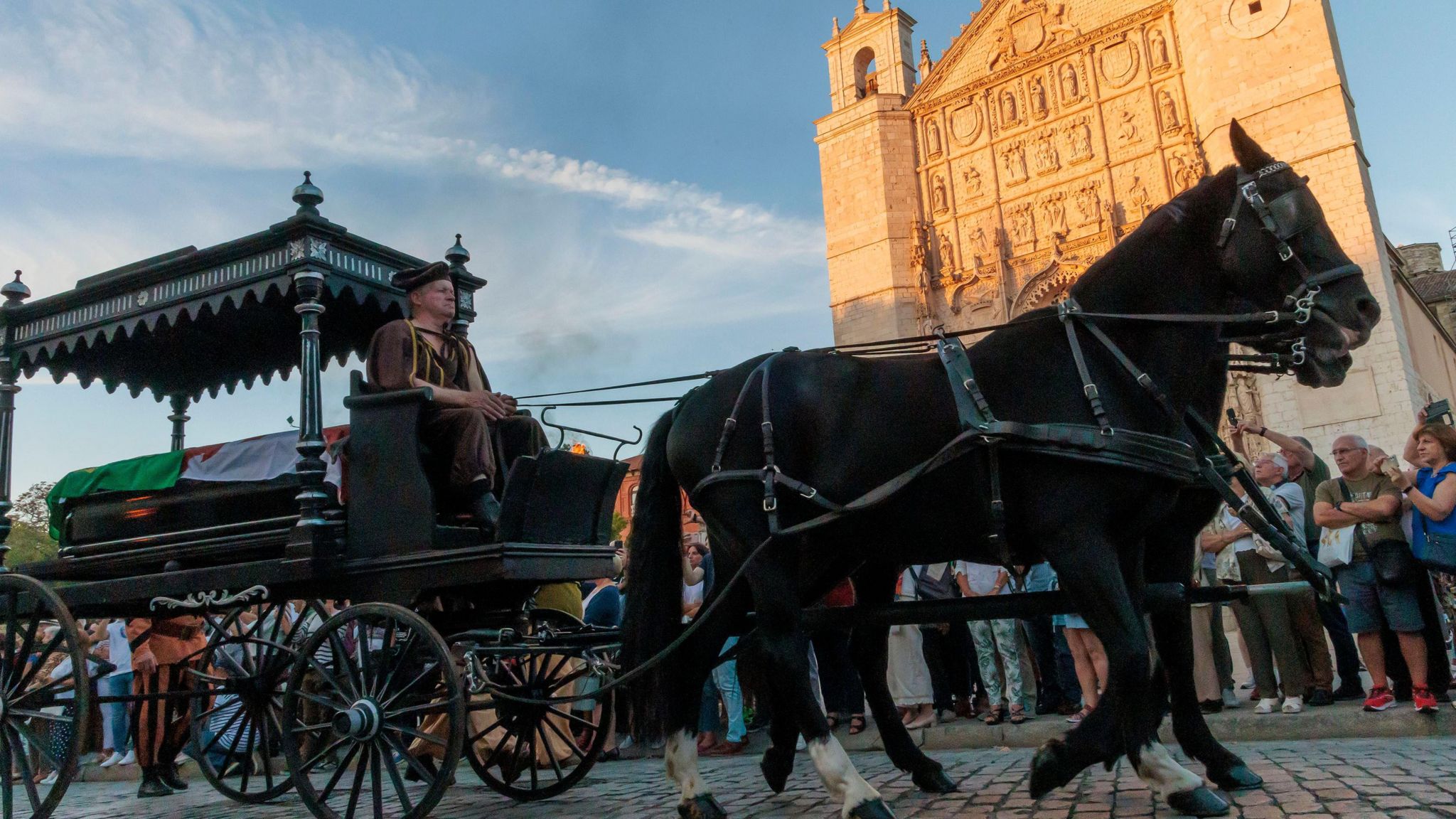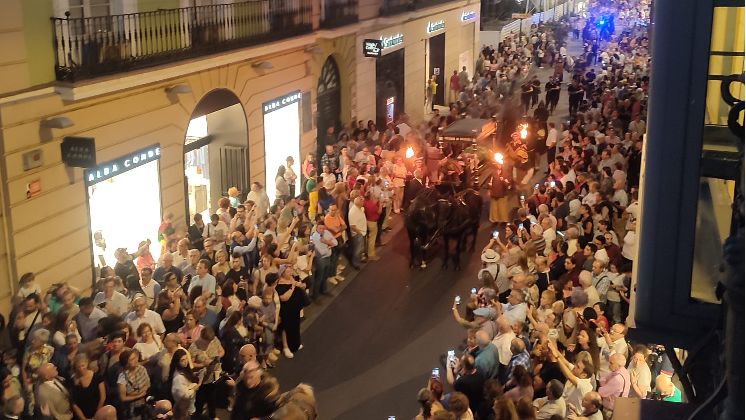From Literary Hub: This Week in Literary History - SEPTEMBER 10 — SEPTEMBER 16. eNewsletter.
Sir Thomas Overbury is murdered as the result of a scandal caused by his snarky poem “A Wife”.
It was 1613, and Robert Carr was in love. He had fallen hard for a young woman by the name of Frances Howard, whom he’d met at King James’s court. Sure, she was married, but it had been a political match, and she claimed the marriage had never been consummated—so once Carr was in the picture, Howard managed to get her marriage annulled on grounds of impotence. (Insult to injury, rather—though the husband claimed he was only impotent with her.) Carr had become one of King James’s particular favorites, so James was inclined to support the match, even, some suggested, rigging the result in the annulment trial.
But one person was not a fan of Carr’s beloved: Carr’s best friend and secretary Sir Thomas Overbury. He begged his friend to break things off with Howard, warning him that she was “noted for her injury and immodesty.” (In the annulment trial, she had been found to be “a Virgin and uncorrupted,” though she’d been examined behind a sheet and there was speculation she’d used a body double.) But Carr was smitten, and also saw the marriage as a way to consolidate political power (he wasn’t wrong about that—Howard was Countess of Essex; Carr, though he had been named Lord of Rochester, chiefly a “handsome Scots adventurer“), and so Overbury, in a further attempt to convince him, or perhaps merely to be snotty, wrote a poem enumerating all the things a proper wife should be—the implication, of course, being that Howard didn’t pass muster.
Overbury’s poem, “A Wife,” enraged Howard, and she began to plot against him. King James, seeing the situation escalate, or perhaps influenced by one or the other of these pissy lovers, offered Overbury an appointment as an ambassador to Russia. Overbury declined, which offended the king so deeply that he threw him in the Tower of London. That was April 22nd, 1613—by September, he was dead. Ten days later, the annulment was officially granted. Two months later, Carr and Howard were married.
It took a year of rumors—and Carr’s eventual replacement in King James’s esteem by another young man named George Villiers—for James to order an investigation into Overbury’s death. Carr begged the king to call it off, but James cited his “conscience” and would not. As it turned out, it was Howard who had killed Overbury—by replacing the Governor of the Tower with her own appointee, and enlisted the help of a physician’s widow, a jailer, and an apothecary to slowly feed him poison, sometimes baked into “tarts and jellies.” But as the 1911 Encyclopedia Brittanica so delicately put it, “his constitution long withstood the timid doses they gave him, and he lingered in exquisite sufferings until the 15th of September 1613, when more violent measures put an end to his existence.” This final measure may or may not have been a poison enema. Yikes.
By the end of the trial, presided over by Edward Coke and Sir Francis Bacon, though Carr denied all knowledge and involvement in the plot, both he and Howard (who admitted it) were convicted of murder and sentenced to death, along with their four accomplices. Shockingly, the rich, well-connected people were pardoned, while everyone else hanged.
So be careful what you write, friends—especially if what you write are poems attacking your friends’ murderous mistresses. That never ends well.







